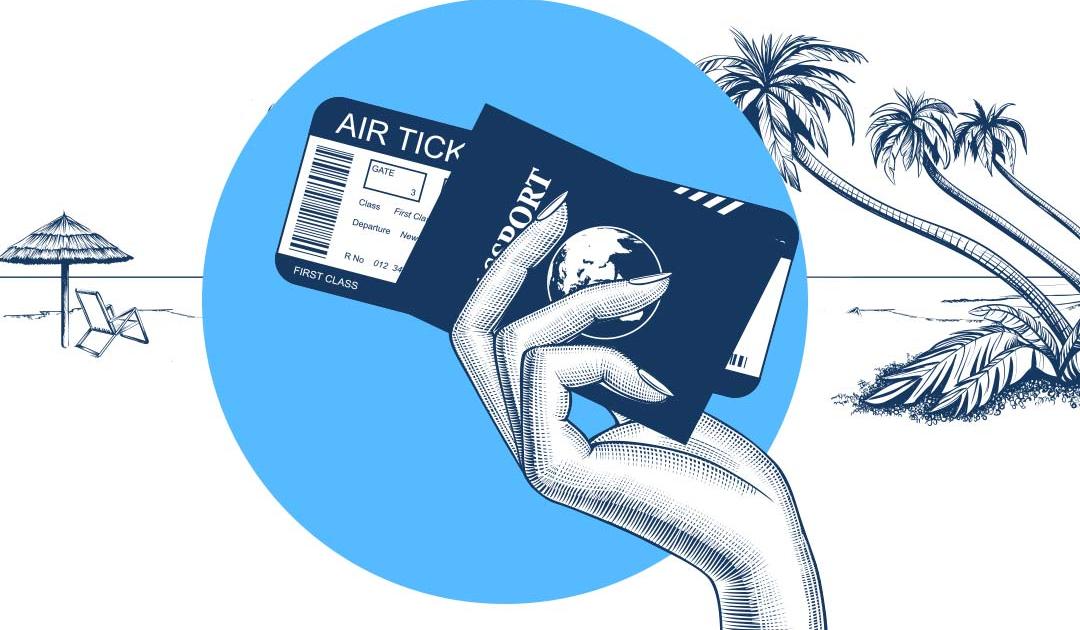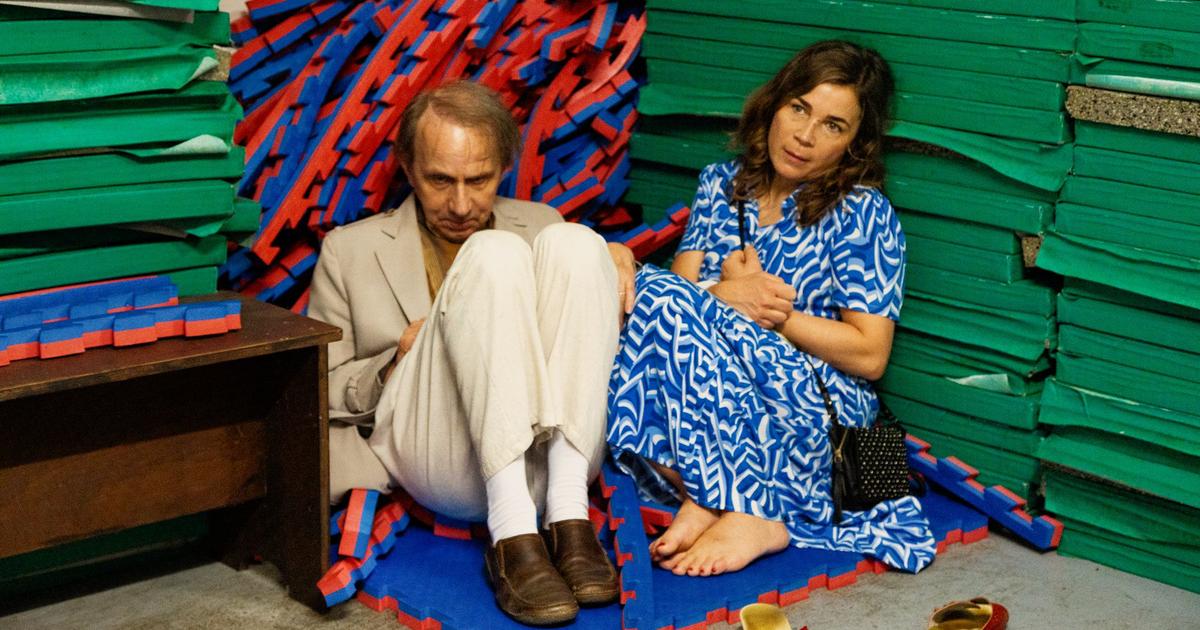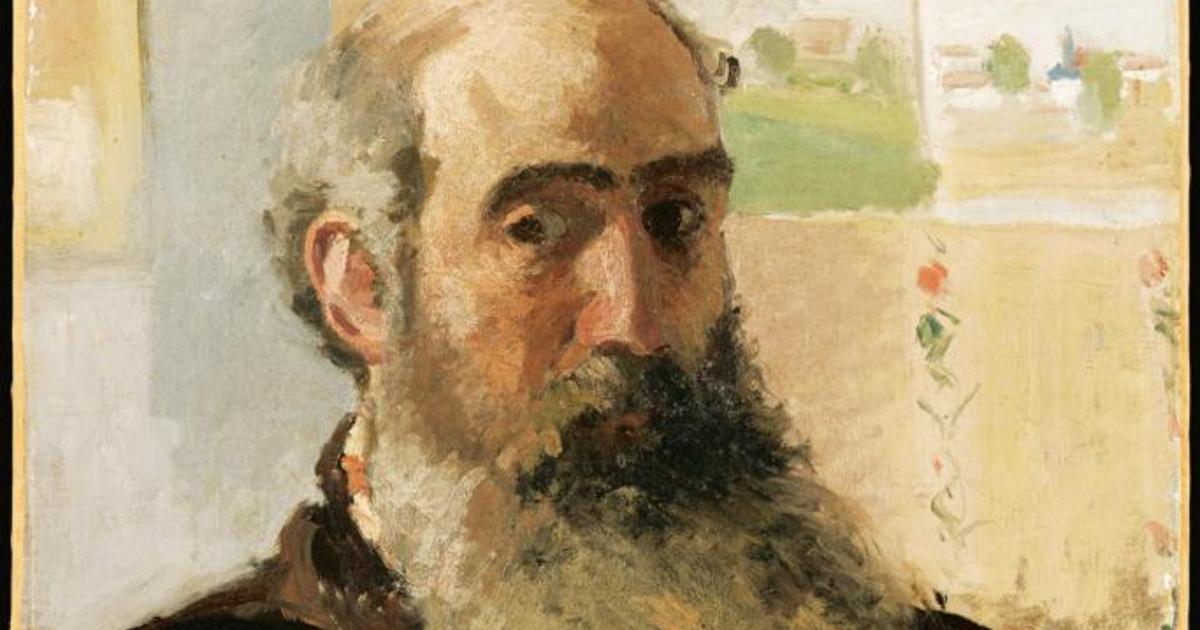Anne Dufourmantelle, a leading French philosopher and psychoanalyst, died trying to save two minors (eventually rescued) who were drowning on a beach near Saint-Tropez.
Years before, she had published an essay,
In Praise of Risk
, where she defended the importance of risking one's life as a way of not dying.
Compromising life for what makes us feel alive against the instinct of precaution, protection and security that leads us to laziness.
Many related the saving impetus that earned him death with his philosophy of risk and highlighted his courage.
However, what underlies this heroic gesture of undeniable value is also an instinct for hospitality.
Some time ago, Dufourmantelle had brilliantly developed the theme of this concept from the approach of Jacques Derrida, also a philosopher.
Both of them, influenced by Levinas' thought, described the phenomenon without prejudice, without dodging the paradoxes, taking it to the limit.
For Derrida, true hospitality can only be
unconditional
, and precisely as unconditional, it can only be given as a poetic act, since, after all, there are always conditions.
Dufourmantelle stressed that the human being is born from a womb: we form and are born after being hosted in a body that is not ours.
For her, hospitality is a total surrender to otherness even at the cost of life, and therefore prevents locking herself in immobility and comfort.
The heroic act that ended her life demonstrated how intimately intertwined her thought and her action were.
A look at 20th century European history illustrates that,
roughly speaking
, there are two types of people (and only in extreme conditions do we know which one we belong to): the people who save and the people who
get
saved.
Despite the moral deficit of World War II Europe, there were those who developed a risky sense of hospitality: the Righteous Among the Nations.
People who, putting their lives in danger, fed, helped or welcomed refugees and persecuted people into their homes, basements and dens to save them from being exterminated during Nazism.
The terrifying policy of extermination by starvation (Holodomor) caused by Stalin's policies in 1932-1933, which took the lives of around four million Ukrainians, shows us, in addition to the most chilling side of totalitarianism, that survival is not only It was a physical fight, but above all a moral one: the first to die were those who did not want to steal, those who shared their food, those who renounced killing their fellow men, those who refused to practice cannibalism.
Somehow, those who save, save the world, while the rest live, we live, a little borrowed.
In the past, it was the host's duty to wash his feet and legs to remove the dust from the road;
we see it in the story in which Ulysses returns to his palace in Ithaca disguised as a beggar
(
Odyssey
, canto XIX).
Those of hospitality are probably the most primitive human relationship laws in history.
Perhaps because the first communities were nomads: those who requested hospitality and those who gave it lived on the move.
Hospitality is not necessarily a gesture only towards the living, it can also be towards the dead.
This is the central theme of one of the great shaping myths of European culture: Antigone.
In the tragedy starring the daughter of King Oedipus, already banished and dead, there is a dramatic conflict caused by the clash between the unwritten laws coming from the old norms that shaped the private conscience and the new values of the
polis
.
It is not necessary to go back 2,500 years to find examples that illustrate how attitudes that represent values that society has reflected on for centuries once again come into conflict with political interests or reasons of State.
Today, helping migrants whose boats are in danger of sinking can be a crime, welcoming them on humanitarian boats as well.
In 2022 alone, 2,390 people died trying to reach Spain.
Europe's policy towards migrants seeking refuge has become a death row.
When did the imbalance between our values and the values encouraged by States in terms of hospitality at borders begin to appear?
Or perhaps there is no imbalance, perhaps the comfort achieved in recent decades has pushed us to feed that instinct for protection and security that leads us to laziness and selfishness?
Do we agree, do we tacitly agree that the denial of hospitality should be a priority for our States, or can the citizen decide and participate in the creation of more humanitarian laws?
The slippery etymological relationship between
hospitality
and
hostility
, where
host
can also refer to the one who welcomes, is a touchstone of every culture.
Ours?
Seduced by an ethic of aesthetics, one wonders where the epic is.
Berta Ares
is a journalist and cultural researcher, PhD in Humanities and author of
'The legend of the holy drinker', legacy and testament of Joseph Roth
(Cliff).
Subscribe to continue reading
Read without limits
Keep reading
I'm already a subscriber

/cloudfront-eu-central-1.images.arcpublishing.com/prisa/WY75HIAK5ZMOVHKDM2A4WZZ72Q.jpg)







